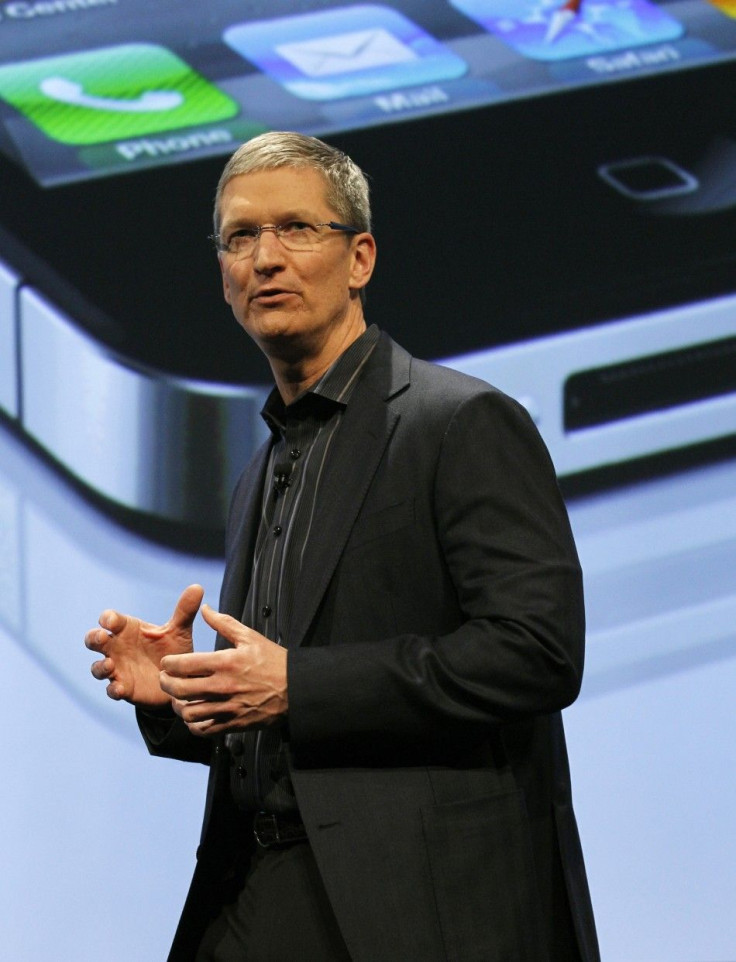Tim Cook: Will Apple's New CEO Measure up?

As hundreds of journalists, bloggers, and techies converge upon Cupertino, Calif., for Apple's media event next week, new CEO Tim Cook needs to weigh how he will measure up. Can he effectively assume the aura of Steve Jobs?
On Oct. 4, Cook will present a brand-new Apple product, the iPhone5, for the first time as the company's permanent CEO.
With Apple set to release the iPhone5, the iOS5 mobile operating system, and iCloud in coming weeks, the question is how Cook, 50, will stack up against Jobs, 56, who traditionally curated Apple's big product launches. Cook will need to prove he is not a Jobs clone, but a Jobs successor.
It is in Apple's DNA to keep moving forward.
Apple flailed without Jobs in the CEO chair after the company's board of directors ousted him in 1985. When he returned in 1997, the company was near bankruptcy. Now it's the most valuable publicly traded company, valued above $372 billion.
Timothy D. Cook grew up just in Robertsdale, Ala., just outside Mobile. He graduated from Auburn University, where he studied industrial engineering, in 1982. Then Cook attended Duke University and earned an MBA as a Fuqua Scholar.
After college, Cook spent 12 years in IBM's PC business, eventually becoming the director of North American fulfillment. He then served as CEO of Intelligent Electronics' reseller division. Just before Apple, Cook worked at Compaq as VP for corporate materials.
At Apple, Cook was initially responsible for the company's worldwide sales and operations, including end-to-end management of its supply chain, support, service, and sales activities in all markets. He helped cut inventory levels and streamline its supply chain by helping pull Apple out of manufacturing, which dramatically boosted the company's profit margins. Cook also headed Apple's Mac division, helping to build strong seller and supplier relationships. In 2007, Cook was promoted to COO.
While Jobs was recovering from surgery to treat pancreatic cancer in 2004, Cook served as Apple's interim CEO. He stepped in again in 2009, when Jobs had a liver transplant, and again last January, when Apple's board approved Jobs' third medical leave of absence.
Although Cook was officially named CEO in August, he has played a big role in Apple's successes over the past decade. Still, how Cook will hold up and respond to public scrutiny has yet to be seen. The days leading up to Apple's event next week will be stressful for Cook, but if you want a sneak preview of what he looks like on stage, check out his 2010 spring commencement speech at Auburn University.
On Tuesday, Apple sent out invitations to its Oct. 4 event with the tagline Let's talk iPhone, suggesting the iPhone5 will be formallu unveiled. Meanwhile, Facebook's first-ever application for the iPad will make its debut there, as well.
© Copyright IBTimes 2024. All rights reserved.





















